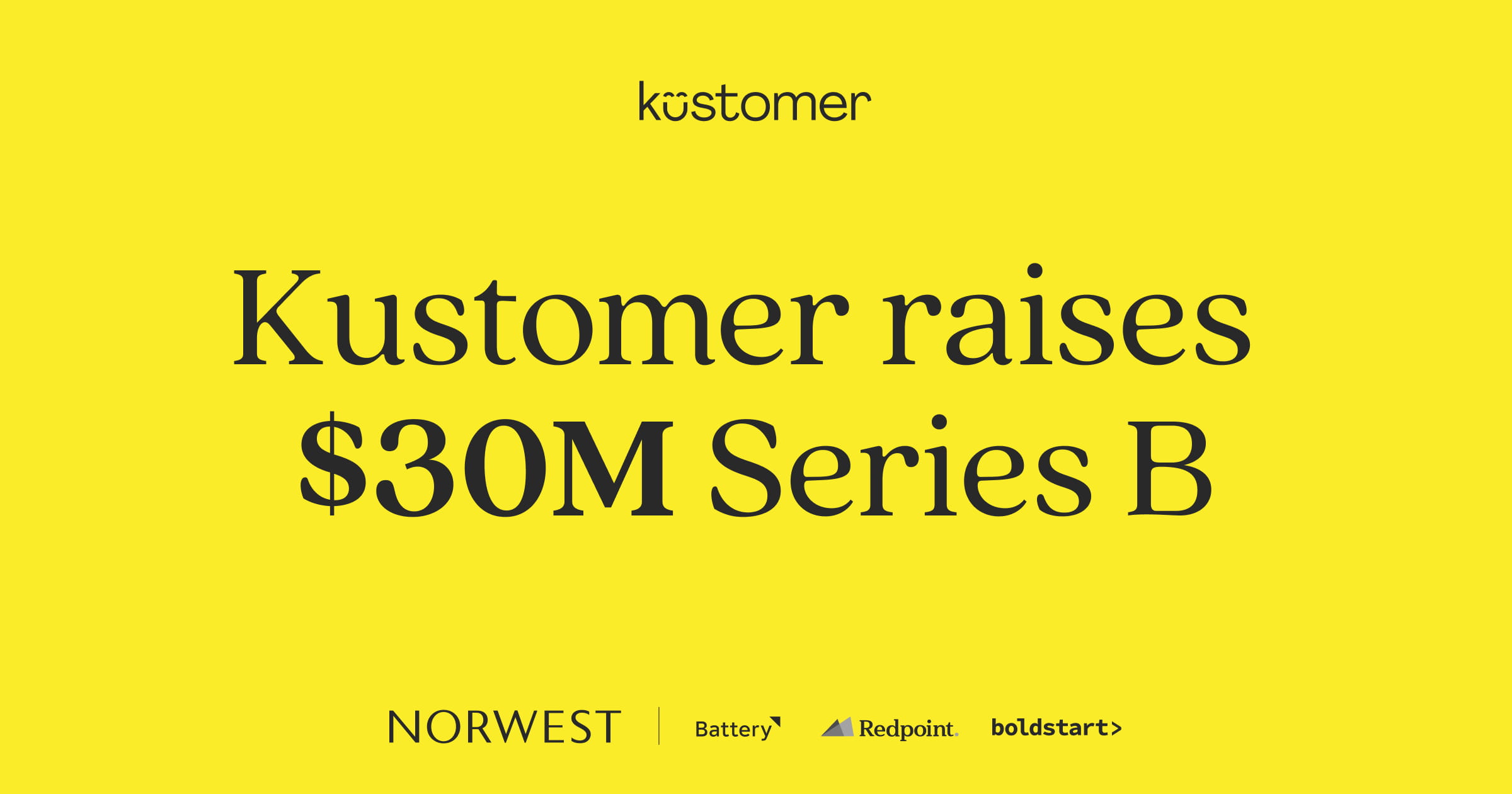In the fast-paced world of direct-to-consumer commerce, AI has become a strategic advantage. Leading DTC brands are using AI to reduce overhead, boost efficiency, and deliver personalized experiences that build customer loyalty. From automating support to optimizing inventory, AI allows brands to stay lean while scaling intelligently.
Here’s how top DTC companies are using AI to stay competitive.
1. Automating customer support with AI
DTC brands often operate with lean teams, making efficiency critical. Support teams need ways to resolve high volumes of repetitive questions—like “Where’s my order?” or “How do I start a return?”—without human intervention. Chatbots have been around for years and most brands are using them in some form. They’re effective at deflecting or containing straightforward inquiries.
Now, AI Agents are the next generation of automated customer support. An AI Agent is an intelligent, autonomous system designed to handle customer interactions with a level of understanding and efficiency that feels almost human. Unlike basic bots that follow predefined scripts, AI Agents can make decisions autonomously as if they’re thinking and reasoning. They adapt to changing situations and can access different tools and systems within a brand’s tech stack, making them far more capable than traditional bots.
Chad Warren, Senior Manager of Customer Service at Vuori, says, “So far, 40% of all conversations coming into chat are fully automated using Kustomer's AI solution. This frees up our human agents to focus on more personalized interactions and complex issues.”
2. Enhancing search results
Another powerful use of AI is to enhance the search results that show up when customers are looking for products. Some are using AI on the back end, like how Everlane improved search relevance with Algolia’s AI-driven NeuralSearch, reducing “no results” by 45% and boosting conversions.
Others lean into virtual assistants to provide more relevant product suggestions, which enhance revenue. Victoria’s Secret launched a generative AI-powered shopping assistant for online shoppers to recreate the advice offered in-store for product recommendations.
3. Empowering personalization
AI enables real-time personalization by analyzing browsing behavior, purchase history, and customer preferences. Here are three examples:
Sephora offers personalized recommendations and virtual make-up try-ons powered by AI.
ThirdLove applies machine learning to improve bra size recommendations, reducing returns and improving customer fit.
Function of Beauty uses an AI-driven quiz to create custom haircare formulas based on customer preferences.
Quizzes are a fun way to engage potential and past customers, which boosts conversion and loyalty. Rachel Tyers, SVP of Marketing and Partnerships at Okendo, says quizzes can convert at 20%!“So whether it's in the quiz where you're collecting your skin type, skin tone, skin concern, or it's in your reviews, you're collecting somebody's body shape or their health concerns, their health goals, you can leverage all of that data and sync it across to, say, Klaviyo, Attentive, PostScript. Then, create segments based on those unique characteristics of your audience and then send them personalized recommendations or speak to them on more of a one to one basis. We know how powerful that personalization is in converting at a higher rate. Ultimately, it's more revenue into the business when you can have more of that personal conversation with your shop.”
Read more from Rachel on how to engage customers at every touchpoint.
4. Optimizing inventory
Inventory is a make-or-break element in all e-commerce success; if you’re out of stock, consumers will shop elsewhere. Nielsen found that 7.4% of sales were not realized due to out-of-stock items, costing retailers $82 billion in 2021.
AI can help DTC brands forecast demand more accurately by analyzing historical sales, seasonality, and even macro trends. This minimizes both overstock and stockouts, driving more efficient operations. Caraway uses an AI-powered planning software to transform inventory and demand forecasting. Optimized inventory can lead to 40% higher revenue.
5. Driving growth with AI-powered marketing strategies
AI’s impact on marketing spans production, distribution, and performance analysis of marketing materials and messages, improving campaign ROI. Smart segmentation, A/B testing, audience targeting, and automated decision-making help stretch every marketing dollar.
Boston Consulting Group shares that an e-commerce company used predictive AI for forecasting to inform decisions about coupons, promotions, and loyalty points, then allocated resources to various marketing channels accordingly. This reduced budget-planning time by 66% and drove an 11% boost in brand awareness.
Here’s a low-lift way to leverage AI: Meta’s in-platform Advantage+. Many DTC brands advertise with Meta to reach shoppers on Facebook, Instagram, Messenger, and Whatsapp. Meta is using AI to optimize ad placements, driving more efficient marketing budgets.
Partner with your cross-functional team members to understand what your customers want and need, then let AI assist in optimizing the performance.

6. Leveraging AI for product development and innovation
AI can surface customer pain points from customer conversations, reviews, and surveys, feeding insights back into product teams. This creates a fast feedback loop that helps DTC brands stay ahead of shifting customer needs.
Tools like Hark can help surface deeper customer feedback thanks to AI processing various sentiment or intent signals more rapidly than ever before.
CEO Fran Brzyski breaks down how it works:
“Things might come in through Hark as ‘my product was damaged.’ That could be indicated as a negative sentiment over text. But a lot of times we see, ‘hey, I love your brand. It's so great. I've never had this spot before. Damaged. And I tried x, y, and z. That didn't work this time.’... Now we're triggering brand loyalty, but, also, there could be a spike of a trend that we might need to get in front of and share that feedback loop. It gives that customer a voice, but just gives you so much more context.”Read more from Fran on how his team is redefining customer feedback.
How Kustomer helps DTC brands win with AI
Kustomer is built to help modern DTC brands stay agile, reduce costs, and grow through better customer experiences. Here's how:
- AI Agents for Customers: Automate routine support like tracking orders, updating addresses, or answering policy questions, available 24/7 across all channels.
- Smart Routing: Use Skills-Based Routing and sentiment analysis to ensure the right human agent handles complex or sensitive cases.
- AI Agents for Reps: Help human reps work faster with suggested responses, customer context, and workflow automation.
- Unified Customer View: Eliminate data silos by consolidating order history, conversations, and CRM data into a single timeline.
- Built-in Analytics: Track automation rate, resolution time, and CSAT to continuously optimize performance.
Brands like Daily Harvest, Alex and Ani, and SKIMS trust Kustomer to scale support without scaling headcount. With AI built directly into the platform, not bolted on, Kustomer makes it easy for DTC companies to act fast, stay lean, and deliver high-quality experiences at every step.
Final Thoughts
AI is quickly becoming the foundation of operational efficiency for modern DTC brands. Whether you’re trying to reduce costs, speed up service, or deepen customer relationships, AI can help you do more with less.
Looking to transform your CX strategy while staying lean? Get our guide on how industry leaders are doing more with less.
Ready to explore AI-powered customer support solutions? Let’s talk! Connect with our team to see how Kustomer can help you stay lean and competitive.




